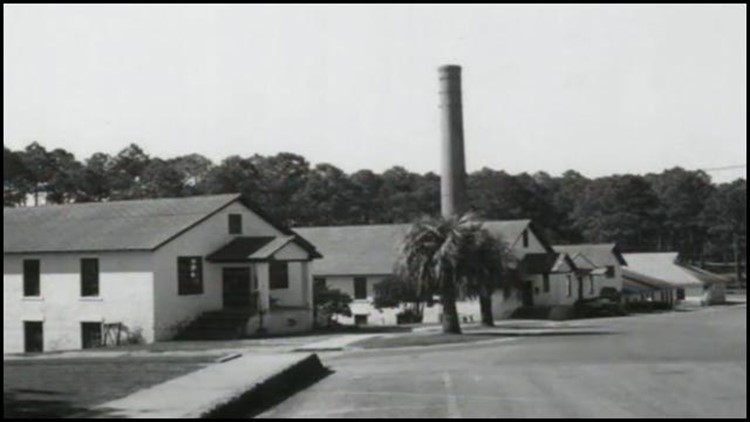Tampa, FL -- There was emotional debate Friday in the Florida panhandle, regarding how and where a memorial for victims at the Dozier School for boys should be placed.
It’s a dark, shameful chapter in Florida's history.
By many witness accounts, hundreds of boys were abused tortured over several decades – some even killed at the now shuttered reform school.
Bones have since been found in unmarked graves, exhumed by scientists at the University of South Florida. Using DNA from surviving family members, a small handful of those remains have been identified and returned to relatives for a proper burial.
It was clear during the hearing, which took place in Marianna, the city where the school operated for more than 100 years, that panel members will face some difficult decisions.
Remains which have not been identified will become part of a permanent memorial.
Some have suggested a site in Tampa, perhaps at USF where -- as DNA advancements are made -- more victims could be exhumed and perhaps identified.
“I apologize if there was something done wrong before my birth,” said Eric Hill, a Jackson County Commissioner, wrestling – like many from the area – with the sins of the past.
Many now living in Marianna and Jackson County tell panel members they don't want the memorial at Dozier itself.
“We are not for hiding anything. But the citizens in our community are not for sensationalizing the negativity associated with the reform school,” said Marianna City Manager Jim Dean.
Still, others, including the so-called White House Boys, referring to the structure at Dozier where some of the worst abuses occurred, say it's the last place those who died at the school would want to be laid to rest.
The organization’s president, Jerry Cooper, held up a picture of one of the teen victims for the panel to see.
“He lost his life because he was trying to get away,” said Cooper.
Other contend a memorial in Tampa or South Florida would leave visitors confused.
Dr. David Jackson, a professor at FAMU, said other cities had taken ownership of their tragedies against humanity, citing Columbine, even Nazi concentration camps.
People could be left wondering, said Jackson, why it hadn’t been placed at Dozier itself, “As opposed to the place where the tragedy actually took place.”
“These are local boys. Those are our boys,” added Stephen Britt, whose uncle died at Dozier.
The final decision on where to place the Dozier memorial will be up to state lawmakers, who have asked the task force to make its recommendation by Oct. 1.



